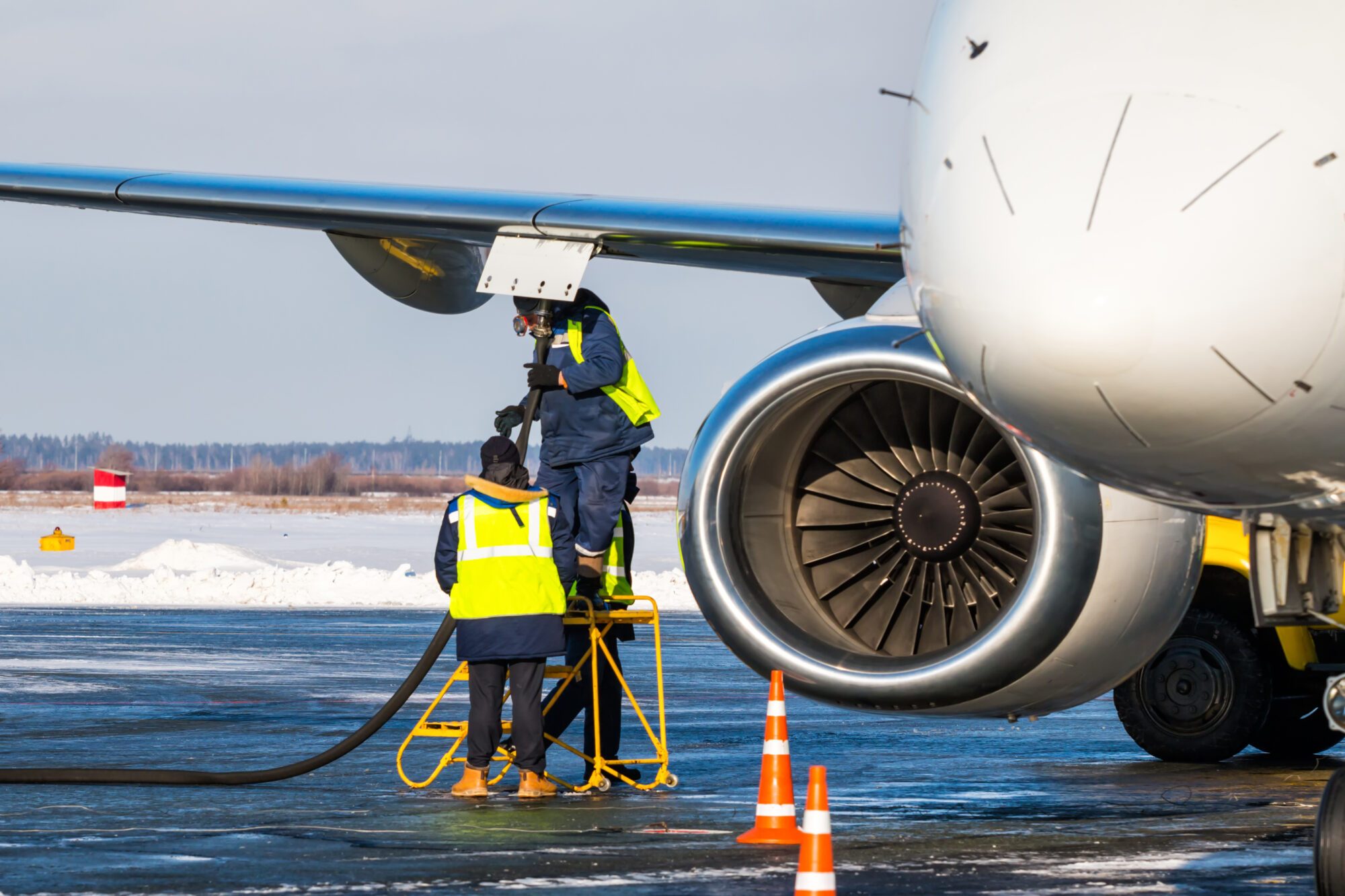Future Flight
Building the aviation ecosystem needed to speed up the introduction of electric sub-regional aircraft, advanced air mobility vehicles and drones into the UK.
Advancing aviation systems through innovation
The Future Flight programme works with industry, academia, government, regulators, and community stakeholders across the country, to transform how we connect people, deliver goods and provide services.
Building on the UK Research and Innovation (UKRI) Future Flight Challenge, a new 1-year set of activities are taking place under the Future Flight Programme in 2025/26 utilising funding from Innovate UK and the Department for Transport. Innovate UK, in partnership with the Department for Transport, is providing £4.4 million to support 14 innovative aviation projects as part of the latest group of projects to receive funding from the Future Flight Programme. The programme encourages the innovative use of aviation technologies to support a variety of challenges in the UK.
Of the new projects, eight are for strategic growth, to demonstrate progress towards commercialisation. These focus on real-world operations proving use cases in a variety of sectors, from agriculture to healthcare and provide tangible insights to support regulatory development in key areas. Six of the projects are regional demonstrators, which have been funded to enable local areas across the UK to plan for the adoption and integration of drones. This includes passenger carrying eVTOL (Electric Vertical Take-off and Landing) and zero emission conventional aircraft. Read more about the new round of investment and the selected projects.
Through the ongoing development of the Future Flight programme, we continue to support the industry towards the development of advanced aviation systems, including electric and autonomous aircraft, drones, and new airspace management technologies, to create a sustainable and efficient air transportation ecosystem for the future.
Key Aspects of Future Flight
Advanced Air Mobility
Electric vertical takeoff and landing (eVTOL) revolutionising urban transportation.
Electric and Hydrogen
Exploring the use of electric propulsion and hydrogen fuel cells as alternatives to traditional jet fuel.
Autonomous Systems
The development of autonomous aircraft and drone technologies enabling more efficient and cost-effective air operations.
Advanced Airspace Management
Digital platforms and advanced airspace management systems to integrate new types of aircraft safely and efficiently into existing airspace.
Sustainability
Creating a more sustainable aviation industry, with a focus on reducing carbon emissions, noise pollution, and environmental impact.
Socioeconomic Benefits
Improved access to goods and services, new business opportunities, and enhanced connectivity.
Future Flight landscape map
Innovate UK Business Connect has created the world’s first advanced air mobility network, which can be explored with the Future Flight Landscape Map. Explore the map to find collaborative partners, see the breadth of investment and expertise in the UK, and gain insight into how enabling sectors such as AI and Materials are vital to Future Flight’s success in the UK. The landscape map will continue to evolve and expand over time, and you can register today for your organisation to appear on it.
Explore landscape
Future Flight Challenge vision and impact
The UK Research and Innovation (UKRI) Future Flight Challenge, was co-funded by industry and the UK government to support the development of future flight services and enabling technologies.
Delivered by Innovate UK and the Economic and Social Research Council, the challenge operated over three phases from 2019 to 2025 and built the ecosystem needed to accelerate the introduction of new forms of aviation in the UK.
Read more
Impact in numbers
130
SMES and tech start-ups supported
129
new pieces of IP
483
jobs being created, with over 2000 predicted by 2029
1.8%
Increase in GDP by 2030 from Future Flight
Future Flight Challenge Virtual Showcase
This showcase explores the aims, capabilities and achievements of projects funded by the Future Flight challenge at UK Research and Innovation.
Explore projects
The Future Flight Challenge was launched with a consciously ambitious vision to catalyse the development of the integrated aviation ecosystem needed to accelerate the market introduction of novel, sustainable and digitally enabled aircraft such as drones and Electric Vertical Take-off and Landing (eVTOL) aircraft. The Challenge approach was to undertake a phased programme to build an integrated network of organisations across disciplines, target ambitious real-world use cases involving end-users and to take a people-centric stance recognising the public acceptance challenges of advanced technologies.
— Gary Cutts | The Future Flight Challenge Director
Our Experts
Related Opportunities
Horizon Europe 2026-27: Climate, Energy and Mobility (Cluster 5)
Various closing dates from Mar 2026 to Sep 2027
Funding of up to €100m per call to fight climate change, primarily by improving energy and transport sectors.
More Information
EIT Rapid Applications for Transport Open Call 2026
Opens: 16/01/2026 Closes: 12/03/2026
RAPTOR 2026 includes 15 city-defined mobility challenges: SMEs with solutions can receive a lump sum of €60,000 to implement them.
More Information
European Institute of Innovation and Technology: open calls in Urban Mobility
Regular deadlines
Up to €2m grants or €2.5m investment for urban mobility solutions.
More Information
Related programme

Sustainable Aviation Fuel Innovation Programme
Accelerating the development of UK’s SAF industry and enabling UK Government to achieve 10% SAF in the UK jet fuel mix by 2030. By fostering innovation and collaboration across industry, the SAF IP is building the supply chain, enabling new fuel development and demystifying the SAF landscape.
NEWSLETTER
Stay up to date with Future Flight
Stay informed with the latest news from projects funded through the UKRI Future Flight Challenge, and the wider future flight industry in the UK, as well as enabling sectors such as materials, communications, and AI.



